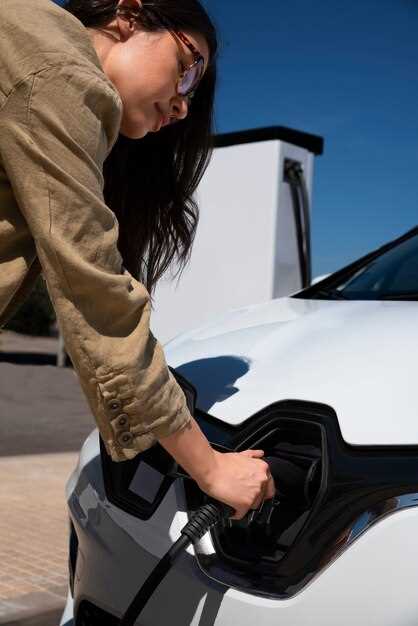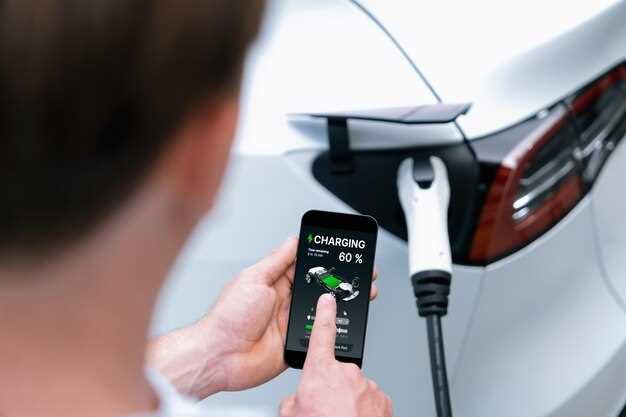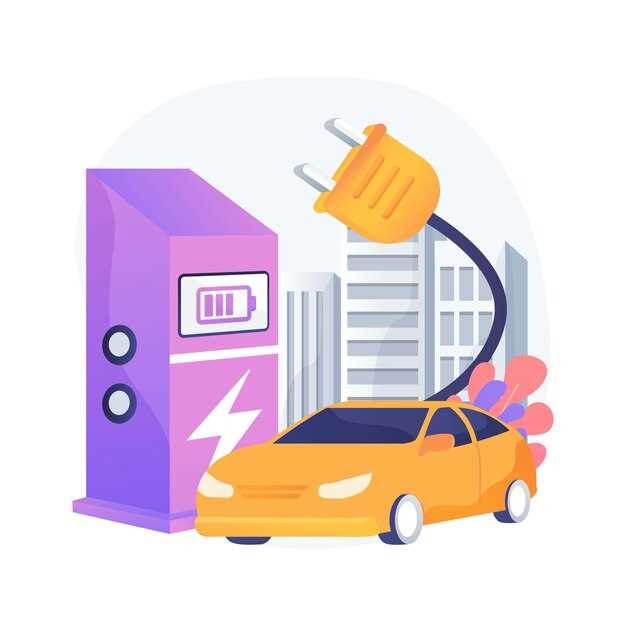
As electric vehicles (EVs) gain popularity, many misconceptions about their maintenance continue to circulate. Understanding these myths is essential for current and prospective EV owners to make informed decisions about service and upkeep. This article aims to clarify common misunderstandings and provide valuable tips for maintaining your electric vehicle effectively.
One prevalent myth is that EVs require no maintenance at all. While it is true that electric cars have fewer moving parts compared to traditional internal combustion engines, they still necessitate regular servicing to ensure optimal performance and longevity. Ignoring essential maintenance tasks can lead to costly repairs down the line. Therefore, it’s crucial to discern which services are essential and how to implement effective maintenance routines for your EV.
Another common misconception is that EV maintenance is overly complicated and requires specialized knowledge. In reality, many EV maintenance tasks are similar to those of gasoline vehicles. Familiarizing yourself with basic maintenance tips can empower you to take better care of your EV, whether it’s checking tire pressure, monitoring battery health, or replacing wiper blades. By debunking these myths, we can promote a more accurate understanding of EV maintenance and help drivers keep their vehicles in top shape.
Common Misconceptions About EV Battery Lifespan

One of the most common misconceptions about electric vehicle (EV) batteries is that they need to be replaced frequently. In reality, most manufacturers provide warranties for their batteries that often last between 8 to 10 years or even longer, which indicates a significant expected lifespan. Many EVs are equipped with advanced battery management systems that help prolong battery health and longevity.
Another myth concerns the effects of charging habits on battery lifespan. Some believe that frequent fast charging can substantially degrade battery life. While it’s true that rapid charging generates more heat and can lead to some wear, modern EV batteries are designed to handle such conditions well. To maximize battery lifespan, consider incorporating some regular slow charging into your routine. This method is less intensive and offers benefits for long-term health.
There is also a misconception that batteries cannot be repaired. In fact, many issues can be addressed through specific repair services that focus on individual battery cells or modules rather than the entire battery pack. This can be a more cost-effective solution compared to replacing the whole battery unit.
Additionally, some people falsely believe that EV batteries lose capacity quickly after a few years of use. While it’s true that all batteries do experience some degradation over time, many studies show that most EV batteries retain a significant portion of their capacity after several years, often around 70-80%. Regular maintenance and service can further help in maintaining battery health, ensuring long-term reliability.
Finally, some might think that extreme temperatures significantly reduce battery life. While temperature does impact battery performance, EVs are equipped with thermal management systems that mitigate these effects, allowing for optimal operation in a variety of environmental conditions. By following manufacturer tips on maintenance and service, you can keep your EV battery performing well for years to come.
Routine Maintenance Differences Between EVs and Traditional Vehicles
When comparing electric vehicles (EVs) and traditional internal combustion engine (ICE) vehicles, the routine maintenance requirements reflect a significant shift in automotive technology. One of the most notable differences is the absence of complex engine components in EVs. This translates to fewer moving parts that require regular servicing, such as oil changes, fuel filter replacements, and emissions checks, which are routine for ICE vehicles.
EVs utilize electric motors that generally require less maintenance than gasoline engines. Drivers of EVs can expect to perform maintenance on components like brakes and tires at intervals similar to those of traditional vehicles. However, EVs often have regenerative braking systems that can extend brake life by reducing wear, presenting a maintenance advantage.
Battery maintenance is a critical aspect of EV care. While EV batteries are designed for longevity, monitoring battery health and ensuring optimal charging practices can enhance performance and lifespan. Owners should follow recommendations for battery management to prevent degradation over time.
Cooling systems for the battery and electric motor are fundamental to EV operation. Routine checks of coolant levels and the condition of cooling lines are advisable to ensure efficient performance and to prevent overheating issues.
For both vehicle types, tire maintenance is paramount. Regularly checking tire pressure, rotation, and alignment is essential for safe driving and optimal efficiency. EVs, given their weight distribution and instant torque, may experience different tire wear patterns compared to traditional vehicles, so adapting maintenance practices is crucial.
In summary, while traditional vehicles necessitate regular checks and replacements of many mechanical components, EVs simplify maintenance largely due to their distinct powertrain architecture. Adapting to EV-specific tips can ensure optimal performance and longevity, allowing drivers to enjoy the benefits of electric mobility without the frequent repair schedules associated with conventional vehicles.
Essential Tips for Finding Qualified EV Repair Services

As electric vehicles (EVs) gain popularity, the demand for specialized repair services has surged. Finding a qualified service can be challenging, but following these tips will help ensure that your EV receives the best care possible.
1. Research Local EV Specialists: Begin by searching for repair shops that specialize in electric vehicles. These specialists typically possess the necessary training and experience to handle the unique components and technologies associated with EVs. Check online reviews and ratings to gauge customer satisfaction.
2. Verify Certifications: Ensure that the technicians are certified by recognized organizations such as the National Institute for Automotive Service Excellence (ASE) or manufacturers’ certification programs. This certification indicates that they have undergone rigorous training and are knowledgeable about EV systems.
3. Ask About Equipment: Electric vehicles require specific diagnostic tools and equipment for repairs. Inquire whether the service center is equipped with the latest technology to conduct thorough diagnostics and repairs on EVs. A shop lacking the proper tools may not effectively resolve issues.
4. Understand Warranty Implications: If your EV is still under warranty, it’s crucial to choose a repair service that complies with manufacturer guidelines. This ensures that your warranty remains intact. Always confirm that the service center is authorized to perform repairs without voiding your warranty.
5. Request Cost Estimates: Before committing to any repairs, ask for detailed estimates outlining the expected costs. Reputable service centers will provide transparent pricing and not surprise you with hidden fees. This practice helps you budget appropriately and understand the scope of the repair work.
6. Look for Customer Support: Quality service goes beyond repairs. A good repair shop should have excellent customer service. Evaluate how they communicate with you–prompt responses to inquiries and a willingness to explain the repair process indicate a reliable service provider.
7. Seek Recommendations: Word-of-mouth is a valuable resource. Reach out to other EV owners, local online forums, and car enthusiast groups. Personal recommendations can lead you to trustworthy mechanics who have a proven track record with electric vehicles.
By following these tips, you can confidently find qualified EV repair services that will keep your vehicle running smoothly and efficiently.




